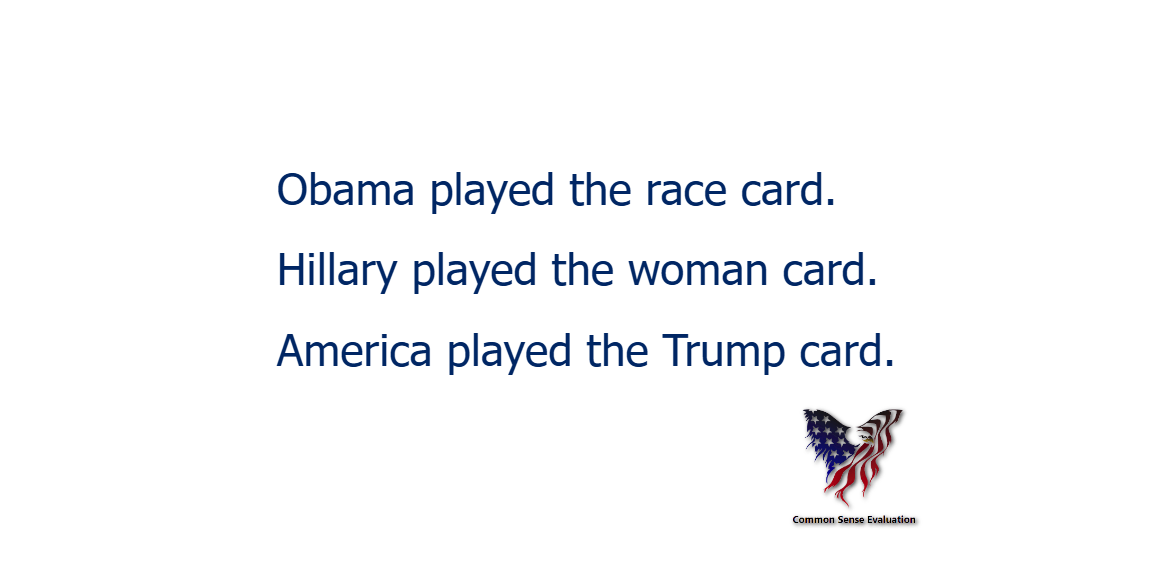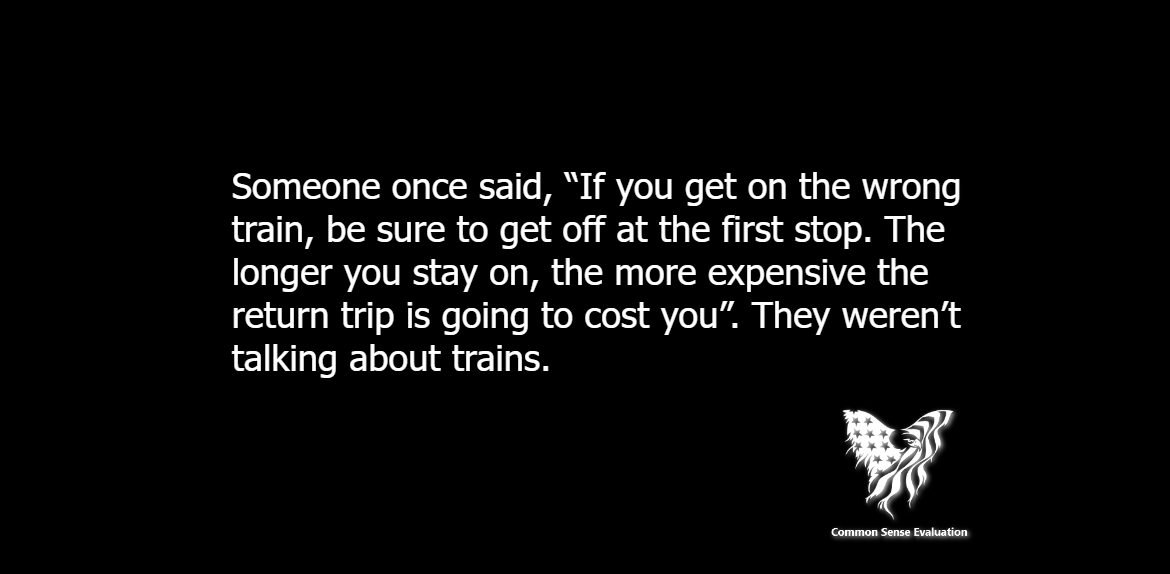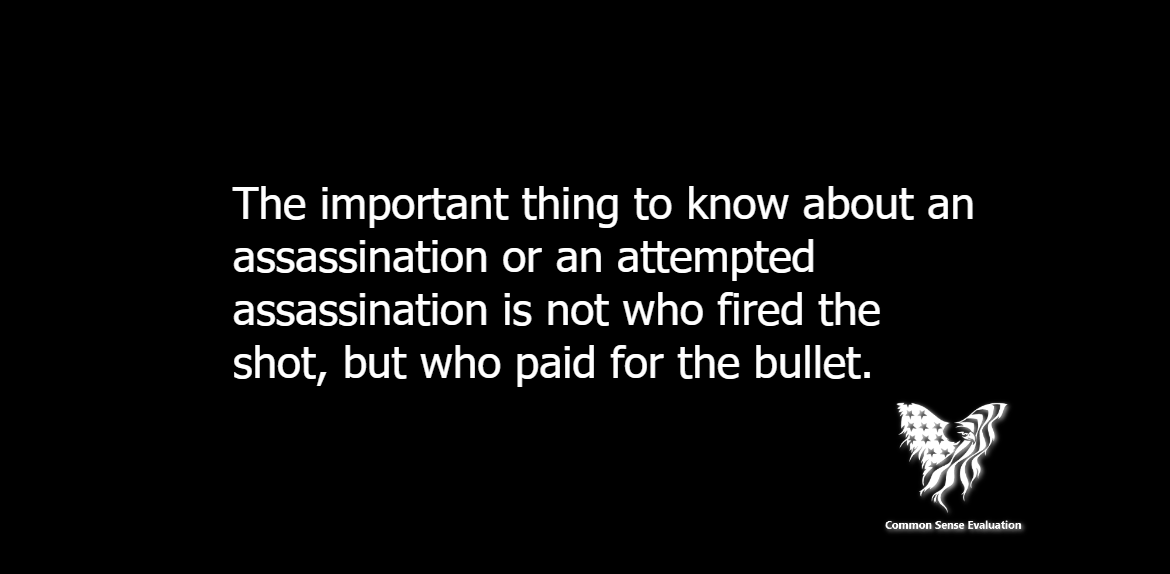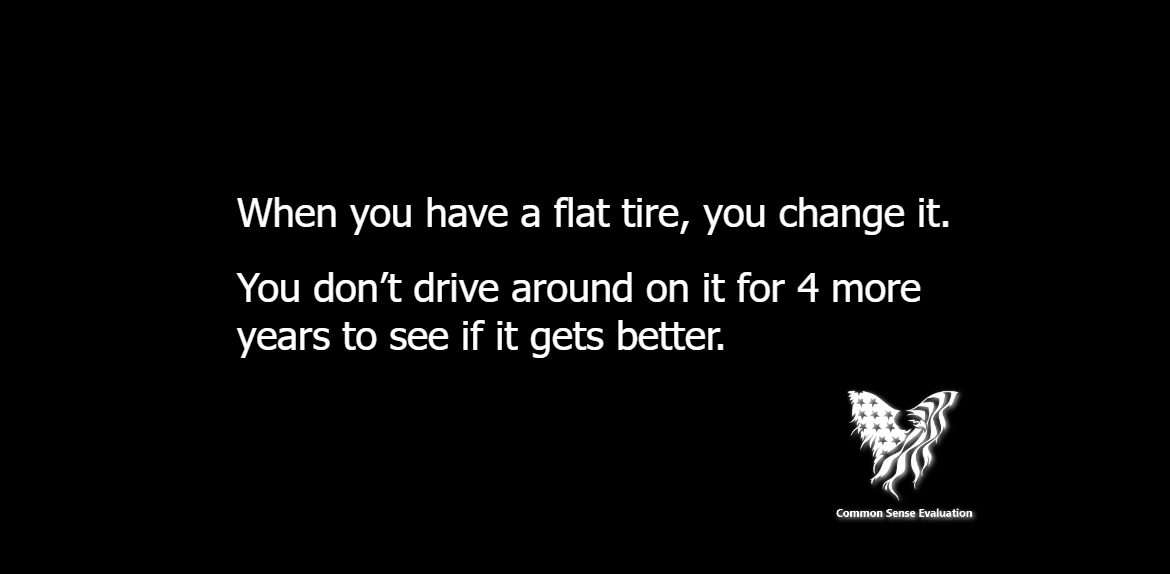What Was 19-Year-Old Obama Saying in His Poem Pop?
In 1981, a young Barack Obama published a poem titled Pop in Feast, Occidental College’s student literary journal. At the time, he was 19 years old—a college student navigating questions of identity, family, and his place in the world. But Pop, with its vivid imagery and unsettling tone, has raised questions for decades.
Who was “Pop,” and what kind of relationship is being described? Is this a simple reflection on family, or something more complicated?
Let’s analyze the full poem and explore its layers.
Here’s the poem in its entirety:
Pop
Sitting in his seat, a seat broad and broken
In, sprinkled with ashes,
Pop switches channels, takes another
Shot of Seagrams, neat, and asks
What to do with me, a green young man
Who fails to consider the
Flim and flam of the world, since
Things have been easy for me;
I stare hard at his face, a stare
That deflects off his brow;
I’m sure he’s unaware of his
Dark, watery eyes, that
Glance in different directions,
And his slow, unwelcome twitches,
Fail to pass.
I listen, nod,
Listen, open, till I cling to his pale,
Beige T-shirt, yelling,
Yelling in his ears, that hang
With heavy lobes, but he’s still telling
His joke, so I ask why
He’s so unhappy, to which he replies…
But I don’t care anymore, cause
He took too damn long, and from
Under my seat, I pull out the
Mirror I’ve been saving; I’m laughing,
Laughing loud, the blood rushing from his face
To mine, as he grows small,
A spot in my brain, something
That may be squeezed out, like a
Watermelon seed between
Two fingers.
Pop takes another shot, neat,
Points out the same amber
Stain on his shorts that I’ve got on mine, and
Makes me smell his smell, coming
From me; he switches channels, recites an old poem
He wrote before his mother died,
Stands, shouts, and asks
For a hug, as I shrink, my
Arms barely reaching around
His thick, oily neck, and his broad back; ‘cause
I see my face, framed within
Pop’s black-framed glasses
And know he’s laughing too.
What Is This Poem About?
At first glance, Pop appears to be a meditation on a relationship between the narrator and an older male figure. The scene is rich with sensory details: cigarette ashes, whiskey shots, body odors, and heavy physicality. But the descriptions aren’t nostalgic or warm; instead, they evoke unease. The dynamics between the narrator and Pop feel strained, even disturbing.
The opening lines set the tone: Pop is seated, switching television channels, and pondering what to do with the “green young man” before him. This establishes a power imbalance—the older man as an authority figure, the narrator as a naïve youth. However, the rest of the poem complicates this dynamic.
The Mirror: A Clue to the Narrator’s Perspective?
One of the most striking moments in the poem occurs when the narrator pulls a mirror from under his seat. In this surreal scene, the narrator laughs as the reflection shifts—Pop grows small, and the narrator’s blood rushes to his face.
What does this mean? Mirrors are often used as symbols of self-reflection, identity, and truth. This moment could suggest that the narrator is seeing himself in Pop—perhaps recognizing traits they share, or realizing that Pop represents something about his own future. It’s a haunting image, one that underscores the discomfort and ambiguity woven throughout the poem.
Unsettling Descriptions and Power Imbalances
The poem is saturated with sensory detail that heightens its unease. Phrases like “thick, oily neck” and “makes me smell his smell, coming / From me” force readers to experience the scene viscerally. This isn’t just an observation—it’s an entanglement of identities, smells, and stains.
Pop’s request for a hug near the poem’s conclusion feels heavy, not tender. The narrator’s shrinking arms struggle to encircle Pop’s broad back, reinforcing a power imbalance and a sense of suffocation. This interaction blurs the line between affection and control, leaving readers to question the nature of their bond.
Who Was “Pop”?
The identity of Pop remains a subject of debate. The most obvious interpretation is that Pop represents Obama’s maternal grandfather, Stanley Dunham. Dunham was a significant figure in Obama’s youth, helping to raise him in Hawaii. He was known for his charismatic but rough-around-the-edges personality, which fits aspects of the poem’s depiction.
However, some speculate that Pop could also represent Frank Marshall Davis, a family friend and mentor. Davis was a poet and journalist who had a significant impact on young Obama’s intellectual and creative development. Given Davis’s background as a writer, it’s plausible that the poem could reference him—particularly the line about Pop reciting an old poem he wrote.
But Pop could also be an amalgamation—a symbolic figure representing flawed male authority, both nurturing and oppressive.
What Does Pop Tell Us About Obama?
As a piece of creative writing, Pop reveals a young man grappling with complex emotions and relationships. The poem doesn’t offer neat conclusions, and that’s part of its power. It’s raw, ambiguous, and deeply personal, reflecting the uncertainties of youth.
For Obama, Pop may have been an exercise in processing these emotions, using poetry as a means of exploring the dynamics of authority, identity, and intimacy. The discomfort the poem evokes could reflect his own unease at the time—whether with specific relationships or with broader questions about his place in the world.
Why Does Pop Matter?
Over four decades later, Pop remains more than a relic of Barack Obama’s college years—it’s a puzzle, a riddle that refuses to resolve itself. The imagery, so dense and visceral, feels almost like a breadcrumb trail leading to something just out of view. The poem’s unease, its mingling of intimacy and power, suggests there’s more to the story than what’s written on the page.
Was this merely a creative exploration of family dynamics, or was the young poet wrestling with deeper, more troubling experiences? The scenes Obama paints—a man’s smell imposed on him, the shared stains, the shrinking embrace—don’t feel random. They read as snapshots of a relationship charged with imbalance, one that leaves lingering discomfort in its wake.
What exactly did young Obama want readers to see—or not see? Perhaps Pop matters because it doesn’t answer that question, leaving us to wonder if the truth is hidden between the lines or in what remains unsaid.




